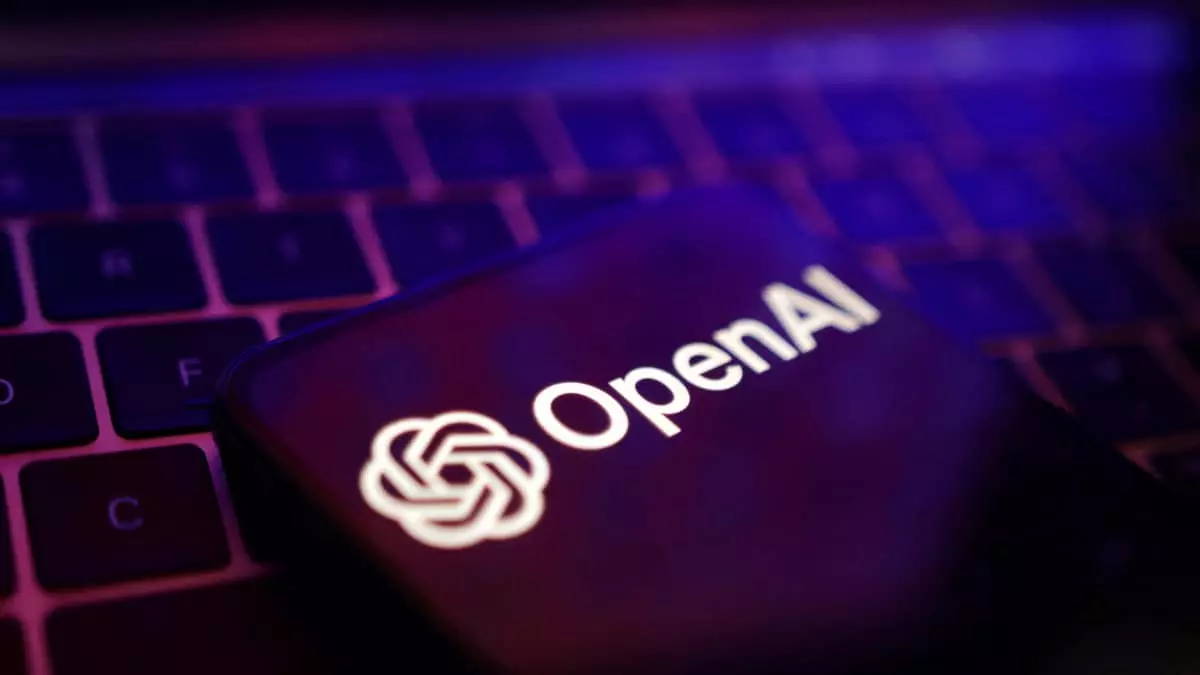Recently, a group of five prominent Canadian news organizations initiated a significant legal challenge against OpenAI, the company renowned for developing the powerful ChatGPT language model. This lawsuit highlights a growing concern among copyright holders in various creative fields regarding the ethical use of their content by artificial intelligence systems. As technology continues to evolve, so too does the complexity of ensuring intellectual property rights are respected.
The legal complaint, lodged by companies including Torstar, Postmedia, The Globe and Mail, The Canadian Press, and CBC/Radio-Canada, accuses OpenAI of illicitly utilizing extensive portions of their published materials to train its AI models without securing necessary permissions or offering any form of compensation. The plaintiffs argue that this unauthorized consumption of their content is not only unethical but also illegal, asserting that journalism serves a critical public interest that should not be exploited for commercial gain by a tech entity.
Their position stands as part of a broader movement among various sectors—including authors, artists, and music publishers—who have begun to vocalize their discontent with how generative AI models are trained. By skirting around standard copyright protocols, these companies feel that their intellectual property is being eroded and devalued.
Interestingly, the legal landscape is dynamic, illustrated recently by a federal court’s dismissal of a similar lawsuit in the United States. The ruling against OpenAI, involving claims from news outlets Raw Story and AlterNet, suggests that the issues of content ownership and fair use within the AI context are still being refined. The outcome of such cases could have lingering effects on those pursuing legal action against major tech companies and how future litigation is approached in the realm of generative AI.
In the face of this scrutiny, OpenAI maintains that its practices align with fair use principles by drawing upon data that is publicly accessible. The company emphasizes its collaborative efforts with publishers concerning how their content is displayed and attributed within ChatGPT. This approach raises critical questions about the boundaries of fair use and whether the operational procedures of AI companies respect or overshadow the rights of content creators.
Moreover, the implications of this lawsuit extend beyond just OpenAI. The involvement of tech giants like Microsoft—OpenAI’s significant financial backer—and the legal expansion of claims against both companies by figures like Elon Musk indicate a potential shift towards more stringent regulatory scrutiny of the tech industry. Such developments could radically redefine how AI companies manage and interact with copyrighted content in the future.
The Fight for Intellectual Property Rights
The legal actions undertaken by these Canadian news agencies signify more than just a single case of alleged copyright infringement; they symbolize a larger fight for the protection of intellectual property rights in an era dominated by technology. As AI continues to permeate various sectors, the demand for clarity and respect for copyright law is more pressing than ever. The outcome of this lawsuit could pave the way for more rigorous standards and potentially reshape the relationship between AI technologies and content creators. Ultimately, it remains crucial that the rights of those who produce original content are upheld, ensuring that they receive both the recognition and compensation they deserve.

Leave a Reply